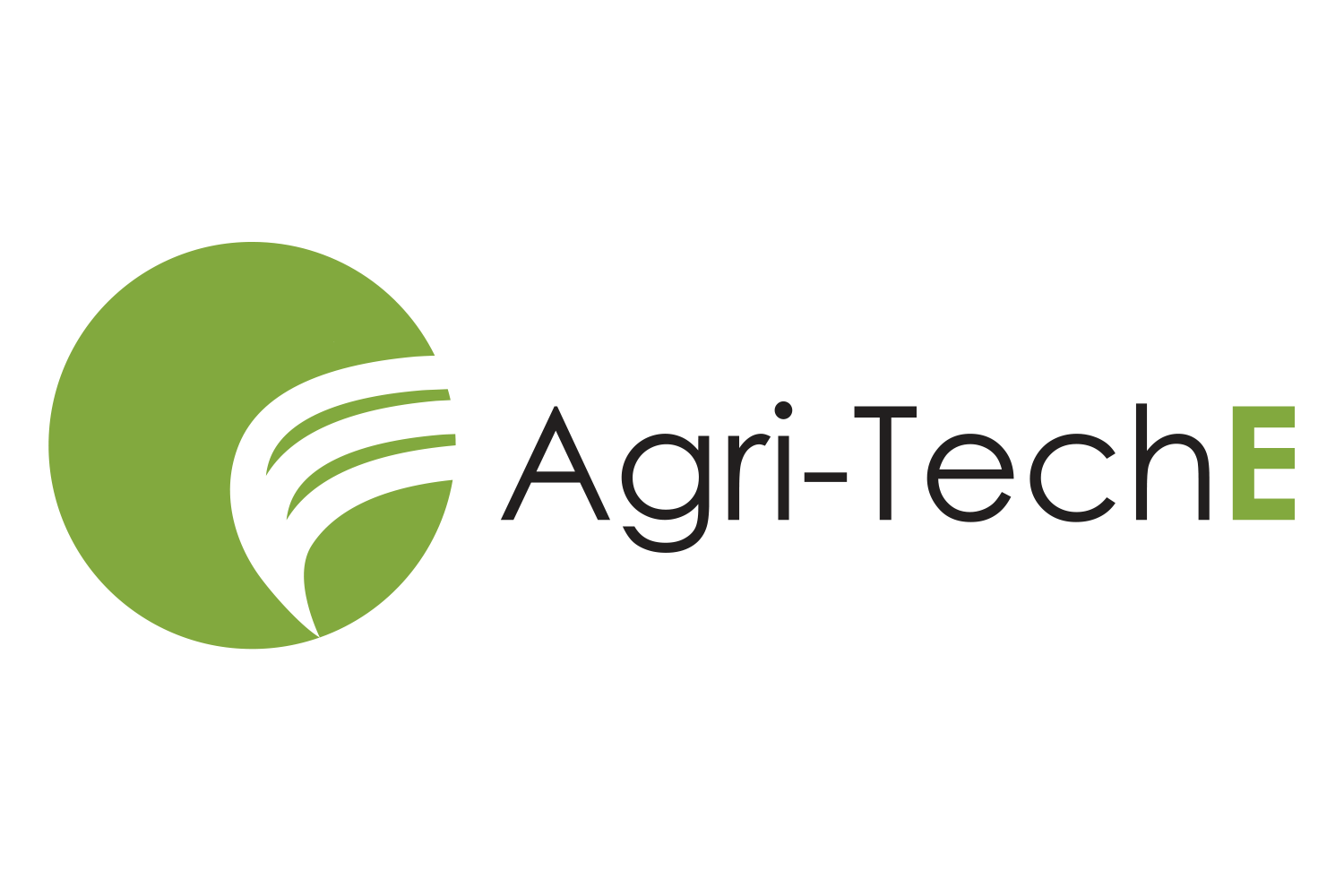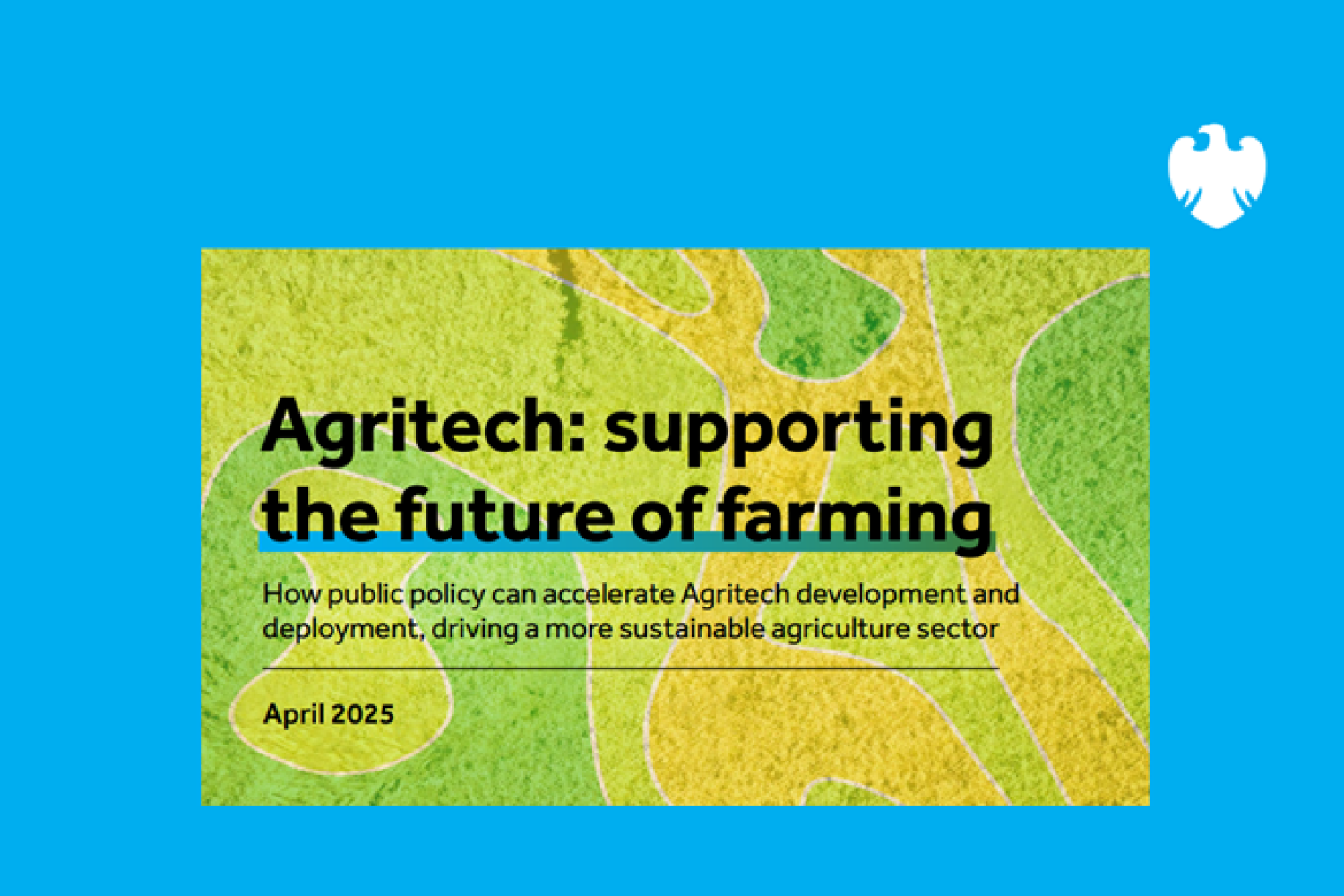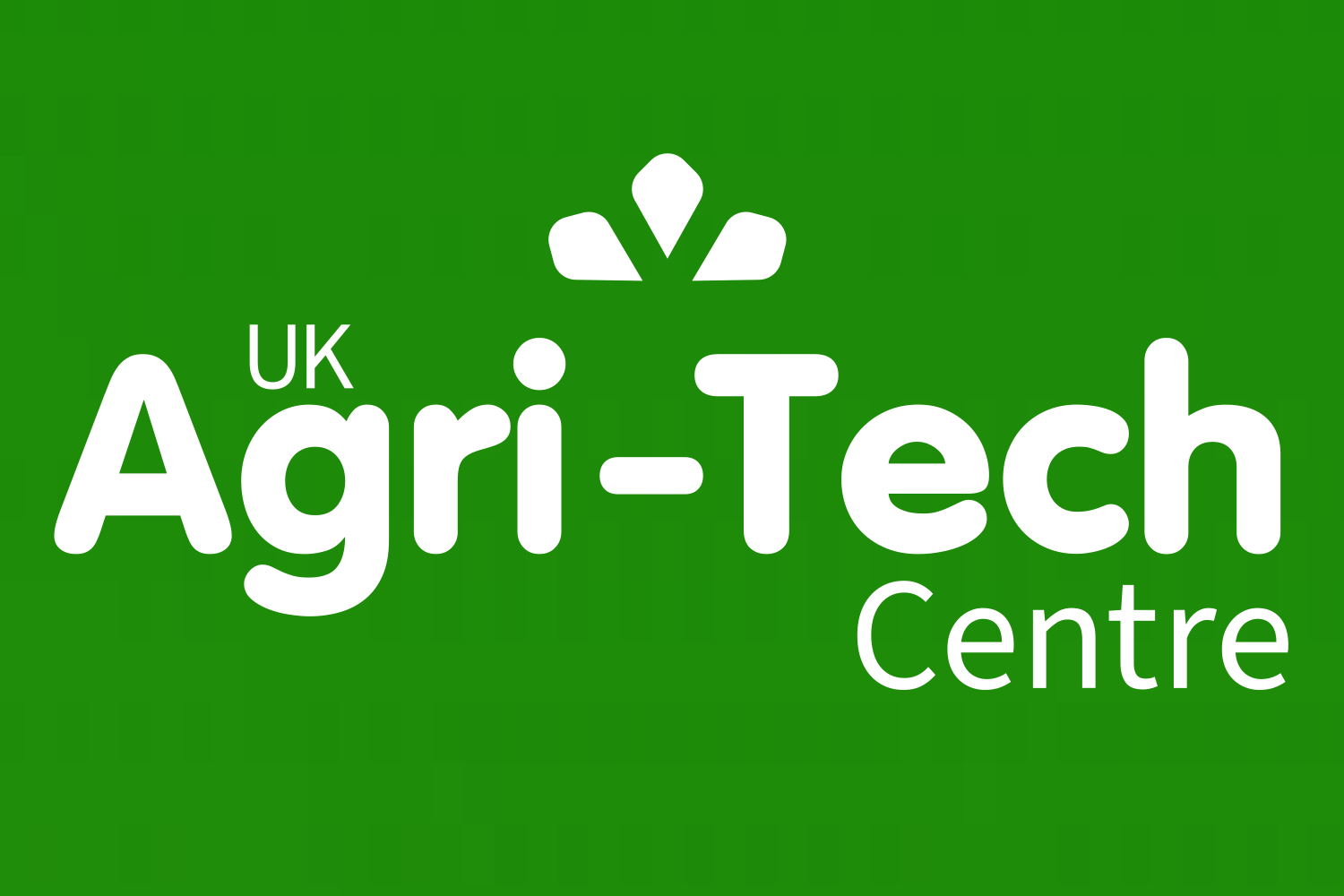The Sector Now
The agri-tech and food tech sector in Essex is a dynamic and growing industry that combines agriculture with cutting-edge technology to improve efficiency, sustainability, and productivity in food production. The region has a strong agricultural heritage, and this is being enhanced by innovative approaches in farming and food processing, supported by a robust network of businesses, research institutions, and government initiatives. Historically, Essex has a diverse range of farming activities including arable farming (crops like wheat, barley, and rapeseed), horticulture (fruits, vegetables, and flowers), and livestock farming. The county’s agricultural output is significant, contributing to both local and national food supplies and food security.
Beyond primary agriculture, Essex has a significant food processing and manufacturing sector. This includes companies involved in the production of ready-to-eat foods, beverages, and other processed food products. These businesses benefit from Essex’s strategic location near London and major transport links, facilitating distribution across the UK and internationally. The region is also known for its artisanal food producers, contributing to a thriving local food culture that emphasizes quality and sustainability. Notable names include Maldon Salt, Wilkin and Sons (Tiptree Jam) and Fairfield’s Farm crisps. It is a significant contributor to Essex’s economy, providing jobs across farming, food production, research, and technology development. It also supports related industries such as logistics, retail, and hospitality.








